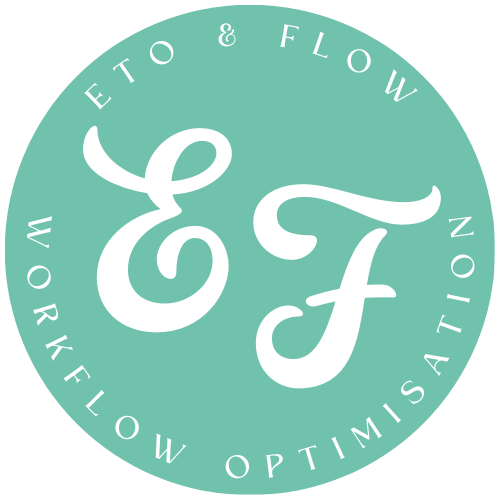Efficiently managing your time is paramount for both professionals and businesses alike. With commitments stretching across work, personal life, and everything in between, keeping track of everything can be overwhelming.
Enter diary management—a vital tool to navigate this maze of appointments, tasks, and responsibilities.
But what exactly is diary management, and why is it so important?
Defining Diary Management
At its core, diary management is the systematic scheduling, arranging, and organising of appointments, meetings, tasks, and events in a diary or digital calendar. It’s more than merely jotting down appointments – it’s about optimising your time, ensuring there are no clashes, and that each day is structured efficiently.
The Components of Diary Management
- Scheduling: This involves setting up meetings, appointments, and other engagements in your diary or digital calendar. Proper scheduling ensures there’s a clear view of the day, week, or month ahead.
- Rescheduling: Plans change, and sometimes, appointments need to be moved. Diary management ensures any alterations are smoothly handled, causing minimal disruption.
- Reminders & Alerts: These are crucial to ensure no commitment is overlooked. Automated reminders in digital calendars or manually set ones in physical diaries can be set up in advance.
- Prioritising: Not all tasks are of equal importance. Diary management involves recognising and prioritising more urgent or important tasks, ensuring they’re addressed promptly.
- Buffer Times: It’s essential to have breaks between meetings or tasks. Efficient diary management ensures there are buffer times, preventing burnout and allowing for unexpected delays or overruns.
- Review & Reflection: At the end of the week or month, it’s beneficial to review the diary to reflect on achievements, pending tasks, and to plan ahead.
Benefits of Effective Diary Management
By having a clear picture of your day, you can focus on tasks without the added stress of remembering your next appointment or meeting allowing for enhanced productivity.
Efficient diary management ensures that personal and professional lives don’t overlap. It allows for dedicated ‘downtime’, ensuring a healthier work-life balance.
With a well-structured diary, the risk of double-booking or forgetting appointments is drastically reduced. Being punctual and prepared for meetings and tasks can boost one’s professional image.
A structured day, with set tasks and clear breaks, can reduce feelings of being overwhelmed, leading to improved mental wellbeing.
Tips for Effective Diary Management
Whether you prefer a traditional paper diary or a digital solution like Google Calendar, Outlook or specialised apps, find the tool which suits you best.
Update your diary daily, and make it a habit to check it every morning when you arrive at work to set you up for the day, and in the evening before you leave so you know what to expect in the morning.
Use different colours for different types of tasks or appointments. This visual aid can give you a quick overview of your day.
If you have an assistant or a team, delegate certain tasks and ensure they have access to your calendar for smoother scheduling.
Always ensure there’s personal time scheduled. Whether it’s a 15-minute break or a full day off, self-care is crucial.
Diary management is not just an administrative task – it’s a strategic approach to managing one of our most valuable resources: time.
In an era where professionals juggle myriad responsibilities, and the lines between work and personal time blur, effective diary management emerges as a beacon of efficiency, balance and wellbeing. Talk to us today to find out how our Virtual Assistants can help to free up even more of your time, and build you a balanced diary that works for you.









